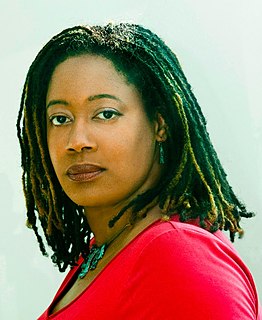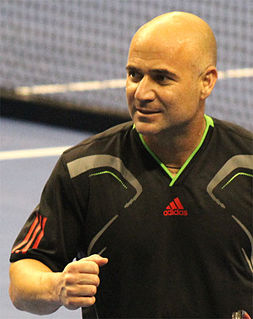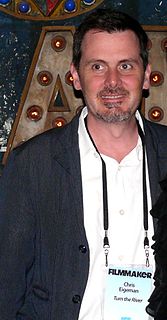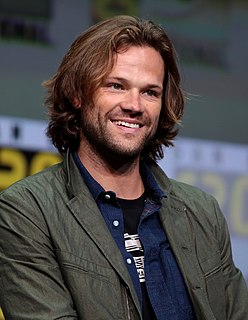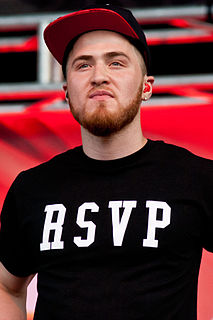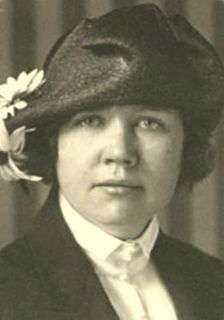A Quote by Walt Disney
The insignia meant a lot to the men who were fighting ... I had to do it ... I owed it to them.
Related Quotes
We were not having any fun, he had recently begun pointing out. I would take exception (didn't we do this, didn't we do that) but I had also known what he meant. He meant doing things not because we were expected to do them or had always done them or should do them but because we wanted to do them. He meant wanting. He meant living.
It was very bad if the council had resorted to recruiting men. By tradition men were our last line of defence, their physical strength bent towards the single and most important task of protecting our homes and children. This meant the council had decided that our only defence was to defeat the enemy, period. Anything else meant the end of Darre.
I nodded. A man's world. But what did it mean? That men whistled and stared and yelled things at you, and you had to take it, or you get raped or beat up? A man's world meant places men could go but not women. It meant they had more money,and didn't have kids, not the way women did, to look after every second. And it meant that women loved them more than they loved the women, that they could want something with all their hearts, and then not.
On New Year's Eve, my dear friend lost his battle with depression . . . Though he wasn't the first friend I've lost to suicide, I sure hope he's the last. I wish I had the chance to go back and tell them what they meant to me. I wish I had the chance to beg them to seek help, to keep fighting. I wish they knew that they were surrounded by countless others who struggle on a daily basis.
Anything less than total candor was bullshit. I owed that to my readers, I owed that to myself, and I owed that most specifically to my mother. I've had some thrilling moments in my 18-year literary career to this point, and nothing comes close to giving Geneva Hilliker Ellroy, the farm girl from Tunnel City, Wisconsin, to the world.
Anyone who says that economic security is a human right, has been to much babied. While he babbles, other men are risking and losing their lives to protect him. They are fighting the sea, fighting the land, fighting disease and insects and weather and space and time, for him, while he chatters that all men have a right to security and that some pagan god—Society, The State, The Government, The Commune—must give it to them. Let the fighting men stop fighting this inhuman earth for one hour, and he will learn how much security there is.
Me writing the book and the subsequent interactions that we had were actually the cap on that experience. We were still in this weird purgatory about it when I published the book. When I gave them the galleys and what ensued after that, then I understood a lot more about our relationships and what the experience meant to them. I'd never wanted to know what they thought about it at all.
She'd always known he loved her, it had been the one certainty above all others that had never changed, but she had never said the words aloud and she had never meant them quite this way before. She had said it to him, and she hardly knew what she had meant. They were terrifying words, words to encompass a world.




